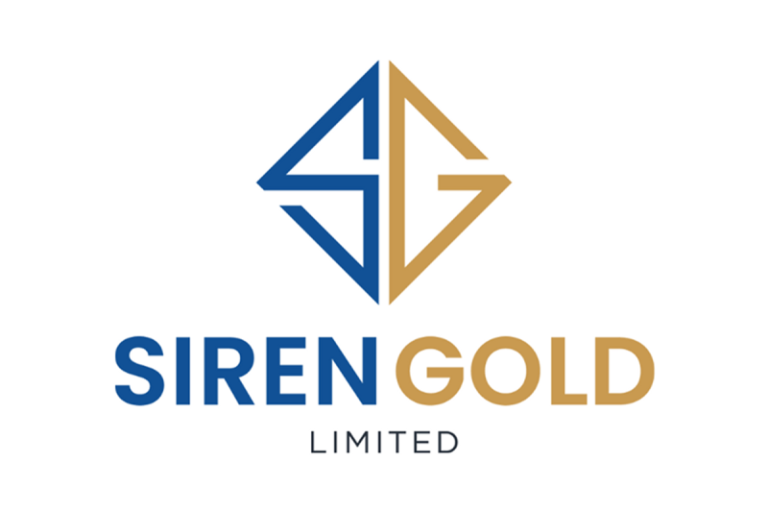Siren Gold Limited (ASX: SNG) (Siren or the Company) is pleased to provide an update on its Auld Creek Project in Reefton.
Highlights
Three metallurgical samples from Auld Creek were tested for gold and antimony recoveries at ALS in Perth.All three samples gave excellent gold flotation recoveries ranging from 95-98%.Antimony recoveries are modest (around 64-90%) using copper sulphate as an activator.Changing from copper sulphate to lead nitrate as an activator boosted antimony recovery from 71% to 97%.The rougher concentrate grade for the lead nitrate test was 44.8g/t Au and 13.2% Sb. Cleaning tests are expected to enhance these grades further.Additional optimisation work using lead nitrate as an activator is expected to commence in Q4 of CY2024.
” These are excellent results as we progress our Reefton gold and antimony projects into the future. The commodity pricing outlooks for both metals are excellent and the introduction of antimony as a critical mineral brings additional potential benefits to New Zealand. We are now in the final stages of completing our Auld Creek mineral resource calculations following the drilling program earlier this year and expect to have that completed in the coming weeks. Concurrently, additional metallurgical testwork will be carried out to optimise the recoveries of antimony at Auld Creek.”
Background
Three metallurgical samples were collected from Auld Creek diamond core within the Fraternal Shoot to test for both gold and antimony recoveries into a flotation concentrate. The samples were delivered to ALS Perth in May 2024 for a range of metallurgical tests under the supervision of metallurgist Graham Brock (Leo Consulting Ltd).
AC001 was collected from the top of the shoot that has little or no antimony. AC002 was collected from the middle of the shoot with high grade gold and antimony and AC003 was collected to represent the average resource gold and antimony grades (Table 1 and Figure 1).
AC001 Flotation Tests
Three tests were conducted on the low-grade antimony sample AC001. Test 1 was a standard kinetic rougher test giving a 95.8% recovery of the gold into the rougher concentrate at a grade of 51.2 g/t Au. Antimony recovery was also high, but the head grade was low at 0.05%.
Tests 2 and 3 were kinetic cleaner tests; Test 2 had no regrind and Test 3 included a regrind step. Test 2 produced a high-grade concentrate assaying 120.6g/t Au and Test 3 produced a grade of 136.6g/t Au. Gold recoveries were 91.9% in Test 2 and 87.7% in Test 3.
In summary, if this material was fed to a flotation concentrator 6% by weight would go to a 51g/t Au concentrate at 95.8% gold recovery. To reduce transport costs a cleaner circuit could be introduced such that for a small loss of recovery only 2.6% by weight at a grade of 120g/t Au could be produced. Testing showed little benefit in the regrind step.
Click here for the full ASX Release

